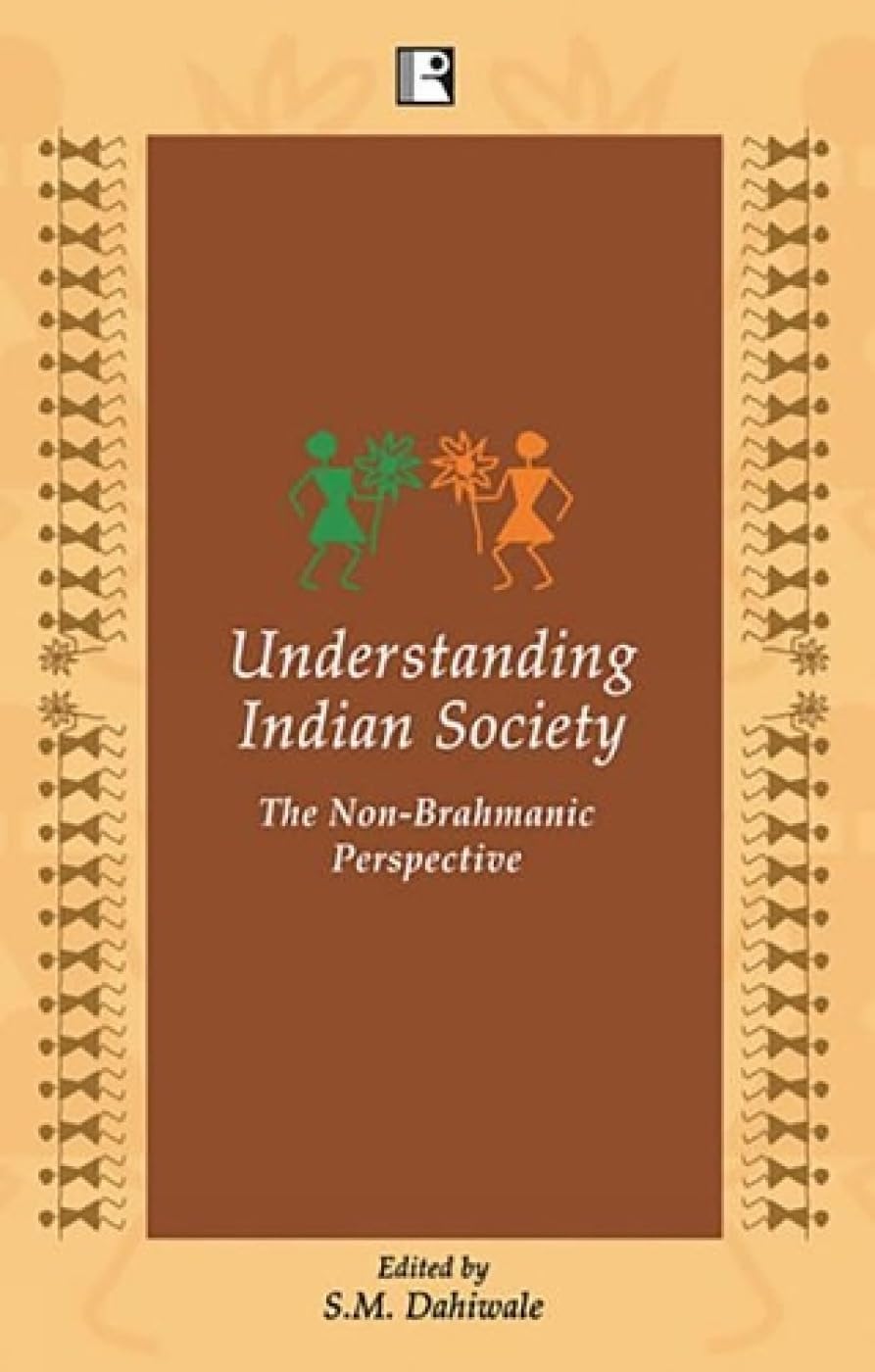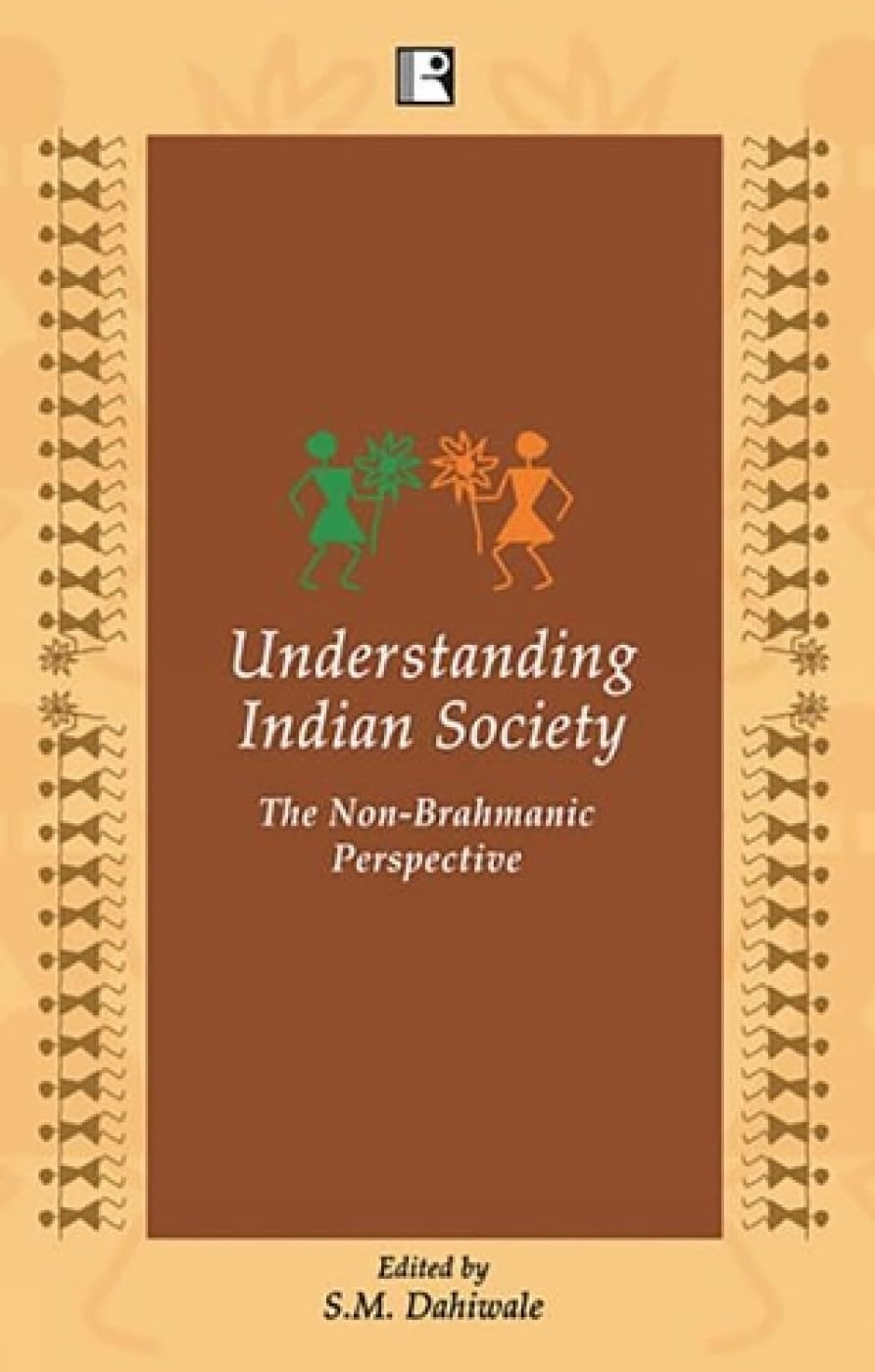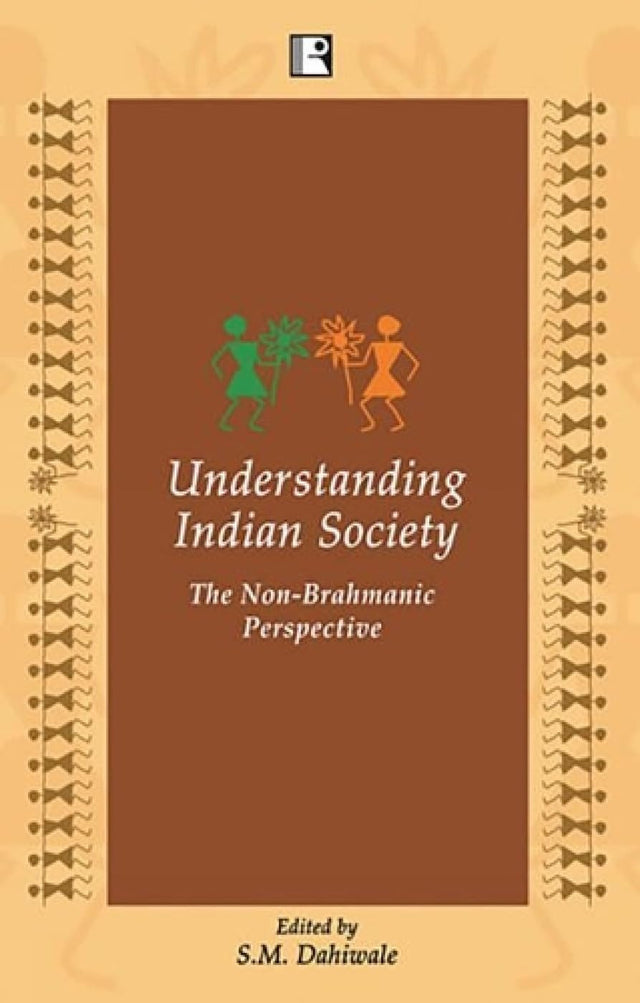Understanding Indian Society: The Non Brahmanic Perspective
Understanding Indian Society: The Non Brahmanic Perspective is backordered and will ship as soon as it is back in stock.
Couldn't load pickup availability
Genuine Products Guarantee
Genuine Products Guarantee
We guarantee 100% genuine products, and if proven otherwise, we will compensate you with 10 times the product's cost.
Delivery and Shipping
Delivery and Shipping
Products are generally ready for dispatch within 1 day and typically reach you in 3 to 5 days.
Book Details
-
Author: S.M. Dahiwale
-
Publisher: Rawat Publications
-
Language: English
-
Edition: 2005
-
ISBN: 8170338948
-
Pages: 276
-
Cover: Hardcover
-
Sale Territory: India
About the Book
In this thought-provoking collection of essays, S.M. Dahiwale brings together a dozen contributions from leading sociologists, specialists, and activists to offer a fresh perspective on longstanding historiographic interpretations of Indian society. Through the lens of non-Brahmanic traditions, the book challenges the dominant narratives that have historically subsumed diverse social practices under the broader category of Hinduism.
The essays in this volume address a range of important themes, such as the history of conflict in India, from the time of Buddha to Ambedkar, and the social, political, and cultural movements that have sought to challenge Brahmanical hegemony. Despite the efforts of various social reformers during British India to counter upper-caste dominance, issues related to identity, power, conversion, gender inequality, and social justice have remained unresolved. In recent years, the rise of militant Hinduism has intensified these debates, with attempts to impose the agenda of pan-Hinduism.
Against this backdrop, Dahiwale offers an alternative, non-Brahmanic perspective that examines practices outside the Vedic and Shastric traditions—those that are non-casteist, non-patriarchal, and egalitarian. The book highlights a series of transformative actions, movements, and protests aimed at overcoming Brahmanical hegemony and fostering a more equal and just society.
The work delves into critical issues such as the roots of untouchability, anti-caste and conversion movements, caste inequality in education, and social policies. By focusing on these themes, the book offers a comprehensive exploration of the social dynamics that have shaped India’s complex socio-political landscape.
This collection will be an invaluable resource for students, teachers, and scholars in sociology, politics, social anthropology, and history, offering a deep, interdisciplinary understanding of India’s social structure and the ongoing struggles for equality and justice.





